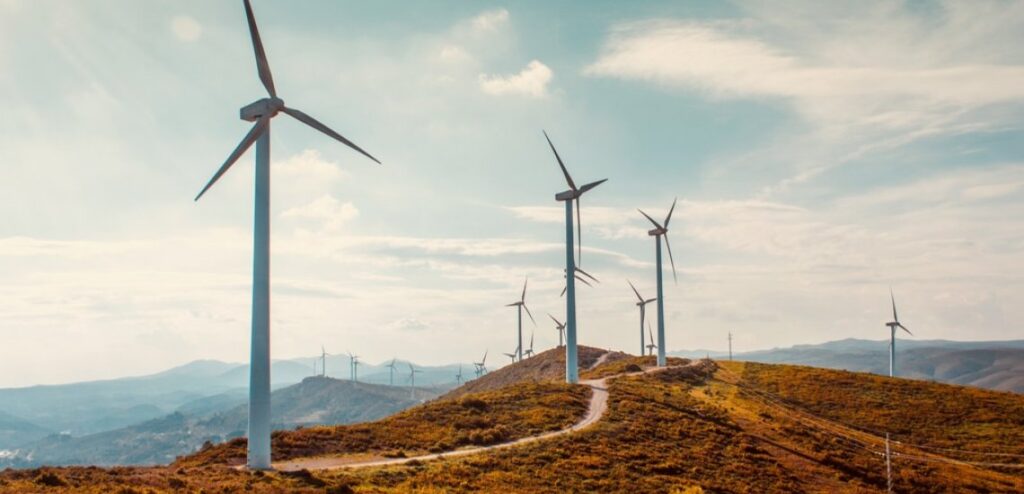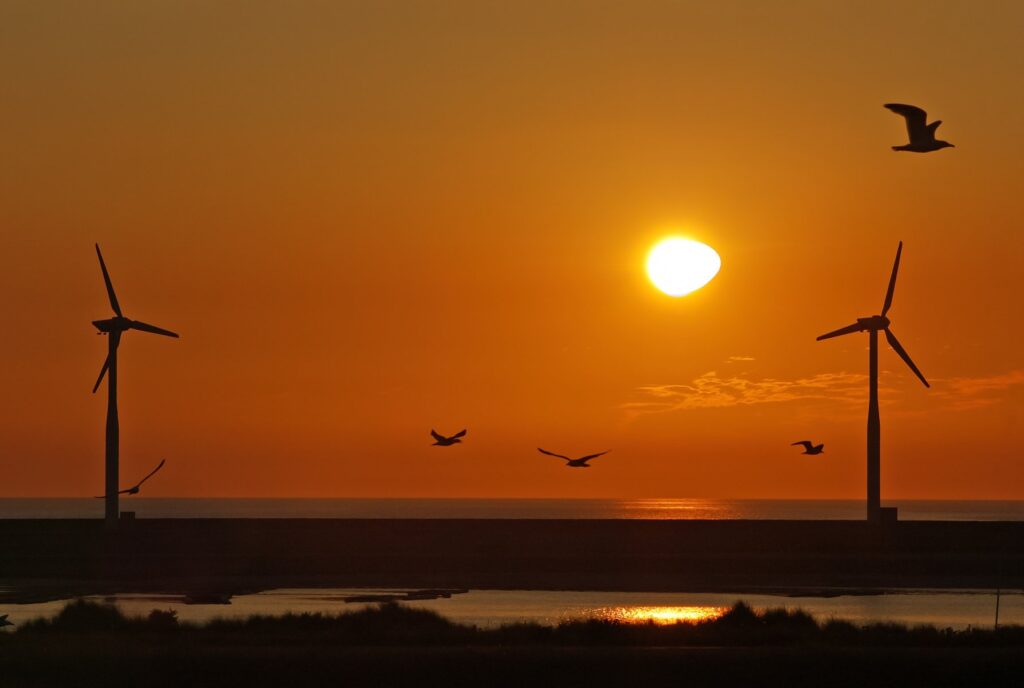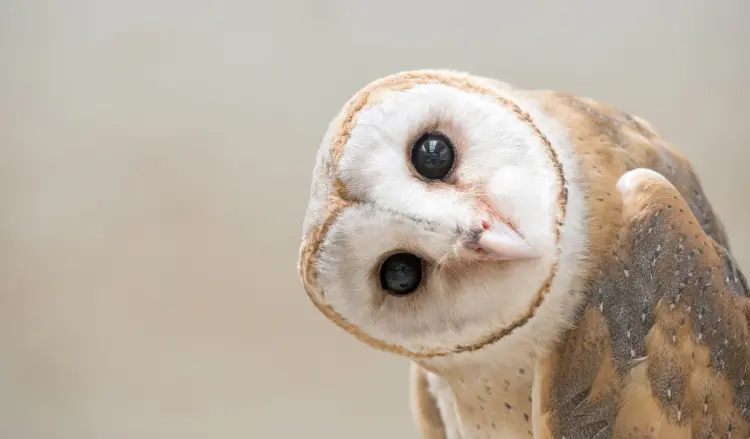Why we need to balance Ghana’s energy needs with conservation

In Ghana, renewable energy is a rapidly-growing industry. As demand increases, the country urgently needs to ensure these developments have a minimal impact on the country's birds and biodiversity. Here's what needs to be done get the balance right.
By Faisal Elias and Lewis Kihumba
As the world reels from the COVID-19 pandemic, the issue of nature is increasingly coming to the forefront. Climate change is re-entering the public consciousness as the other big issue the globe is grappling with. Non-renewable energy sources currently account for more than 80% of the world’s energy supply, and due to the carbon dioxide and other greenhouse gases produced when they burn, they are major diivers of climate change. According to the Intergovernmental Panel on Climate Change (IPCC), fossil fuels contributed 89% of the world’s global CO2 emissions in 2018. Consequently, the world is increasingly moving towards renewable energy sources, with a significant uptake in Africa over the last 20 years.
In Ghana, renewable energy is a rapidly-growing industry, with major sources including wind, hydropower and solar energy. As demand increases, the country urgently needs to balance these developments with protecting biodiversity. Statistics indicate that millions of birds are killed every year due to negative interactions with energy developments, for example electrocution, collision and the destruction of habitats. Wind turbines and power lines may also act as barriers to the movement of some migratory birds, and to birds moving between different sites for breeding, feeding and resting. These interactions also have a negative effect on the power providers and the economy, as they cause power outages and high maintenence costs. Other negative impacts of these developments include displacement from feeding, nesting and roosting areas, and habitat degradation.

Consequently, it is vital to develop a policy framework to guide these developments. The Ghana Wildlife Society (GWS, BirdLife Partner) has developed a position statement on the deployment of renewable energy programmes and projects, in line with the country’s aspirations.
Ghana’s wind energy infrastructure is currently being installed in areas close to the coastline and wetlands, including areas recognized as Ramsar sites and Important Bird & Biodiversity Areas (IBAs). Consequently, much work is needed to safeguard biodiversity amidst these developments. World over, several tools have been developed to ensure that these energy developments are located in suitable areas, thus minimizing risk to birds.
For example, BirdLife has developed a sensitivity map for vulnerable species and sites, which can be instrumental in the planning of energy developments. Environmental assessment tools such as Strategic Environmental Assessments (SEAs) and Environmental Impact Assessments (EIAs) are critical in mapping out potential impact areas for biodiversity at strategic and site-specific levels.
Ghana’s EIA guidelines for the energy sector should be reviewed to reflect current trends, realities and findings from SEAs on the renewable energy sector in the country. With regards to existing energy infrastructure, windfarms and power lines should be monitored regularly and their impact on birds and biodiversity evaluated at the national scale.
The effectiveness of mitigation measures in place to minimise impacts on birds’ populations also need to be assessed. National legislation and policies, such as the Renewable Energy Act, 2011 (Act 832), the Environmental Assessment Regulations, 1999 (L.I. 1652), the EIA Guideline for the Energy Sector, the National Energy Policy, and the Strategic National Energy Plan (2006-2020), should be updated and enforced. Most importantly, involvement of stakeholders in the energy sector, including public and private institutions, will be critical in initiating dialogue on this issue. GWS will continue engaging with stakeholders in the sector to ensure that biodiversity considerations are taken into account in the development of Ghana’s renewable energy sector.
Latest news from Africa
Stay up to date
Sign up to receive the latest bird conservation news. You’ll also receive updates about our projects, science and other ways to get involved including fundraising.
Thank you for your support, we are committed to protecting your personal information and privacy. For more information on how we use your data, please see our Privacy Policy. You can unsubscribe from emails at any time by using the link in the footer of any email from us.




